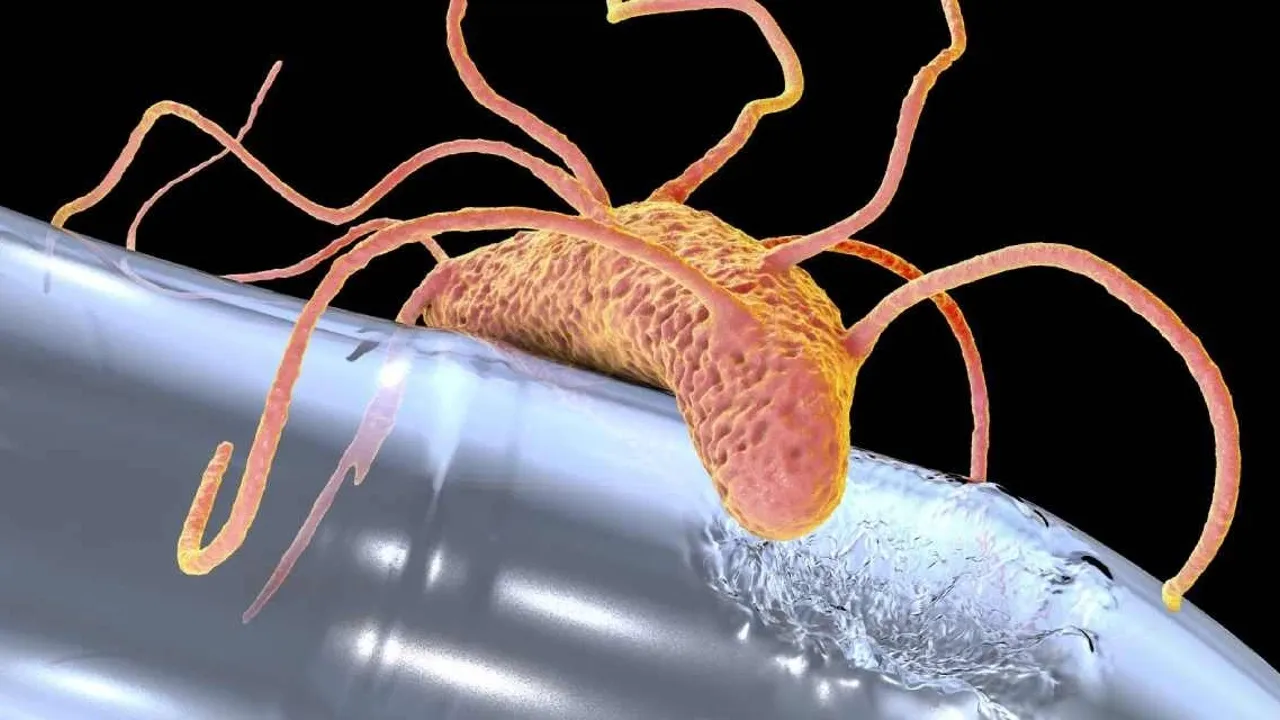While Streptococcus A bacteria is known to cause strep throat in children, a more severe form of the bacteria is causing concern as it spreads.
Japan has seen record levels of the deadliest strain of streptococcus, with 941 confirmed cases of streptococcal toxic shock syndrome (STSS). Infections are expected to surpass this record after 378 cases recorded in the first two months of 2024, affecting all but two of Japan's 47 prefectures.
On average, there are 200 cases of this most severe form of group A streptococcal disease each year, the Japan Times reports.
Fears are growing as experts admit they do not know what is causing the rise in infections.
A spokesperson for the National Institute of Infectious Diseases (NIID) said, "There are still many unknown factors related to severe and sudden onset forms of strep. We are not at a stage where we can explain what is happening."
The virus is described as a bacterium that lives and grows in the throat, skin, anus and genitals. Group A streptococcus can cause a range of diseases that affect the skin, soft tissue and respiratory system, depending on the type of bacteria involved. These include tonsillitis, pharyngitis, scarlet fever, impetigo, erysipelas and pneumonia.
Repeated strep A infections can cause autoimmune damage to the heart, known as rheumatic heart disease. This affects around 50 million people worldwide, mostly in low- and middle-income countries. Severe cases of strep A kill about half a million people each year.















